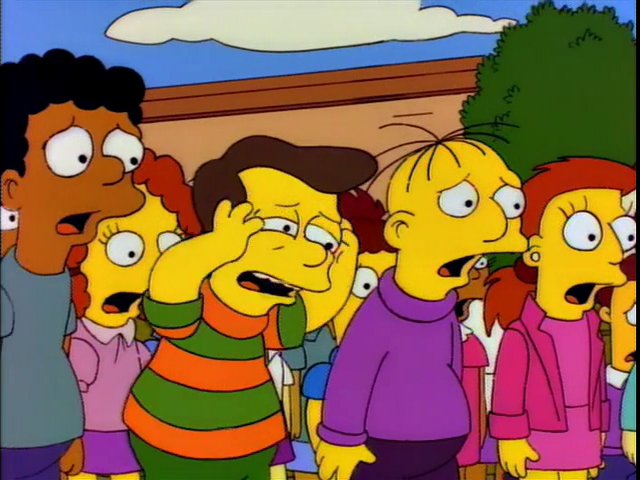This is definitely not proven. A lot of banks paid fines for doing shoddy underwriting on mortgage loans and then not necessarily making that clear to investors. Some of those investors got really overleveraged because of risk models that incorrectly assumed risks would be diversified instead of correlated and not looking carefully at the loans in the theoretically diversified assets. Those overleveraged investors ended up losing a lot of money and being unable to cover it, while simultaneously owing a lot of money to a lot of other people, who also owed other people money, etc., etc., creating a network of interdependent financial institutions that might conceivably all collapse at once. Also the overall financial uncertainty and panic caused a lot of individual people to lose a lot of their assets, end up underwater on their mortgages, lose their jobs, etc., and otherwise get screwed.
So that was bad! But saying it was fundamentally about systematic fraud is, like, I think pretty questionable. Because this doesn't go that far back -- the reason banks were doing shoddy underwriting is that there was enormous pressure on them to produce mortgage loans that could be securitized, because people believed that securitizing them would make the underwriting relatively unimportant. And fraud also requires foreknowledge. Most of these banks were actually holding securitized mortgages, loaning money to companies that held them, etc. There aren't any smoking guns of people being like "we got them to buy the shitty mortgages, run away before they blow up." People's actual investment decisions reflected a belief that these bonds would probably be fine. Because they had been fine up til they weren't!
If you want a two-word answer for why the financial crisis happened, my two-word answer is "speculative bubble." This answer has the advantage of lots of historical precedent. It has the disadvantage of not being easy to make illegal. The best you can do is to require banks to hold more capital, make it harder for them to be interdependent, etc. Which is, you know, all mostly what Dodd-Frank does, and what Hillary would expand on.





